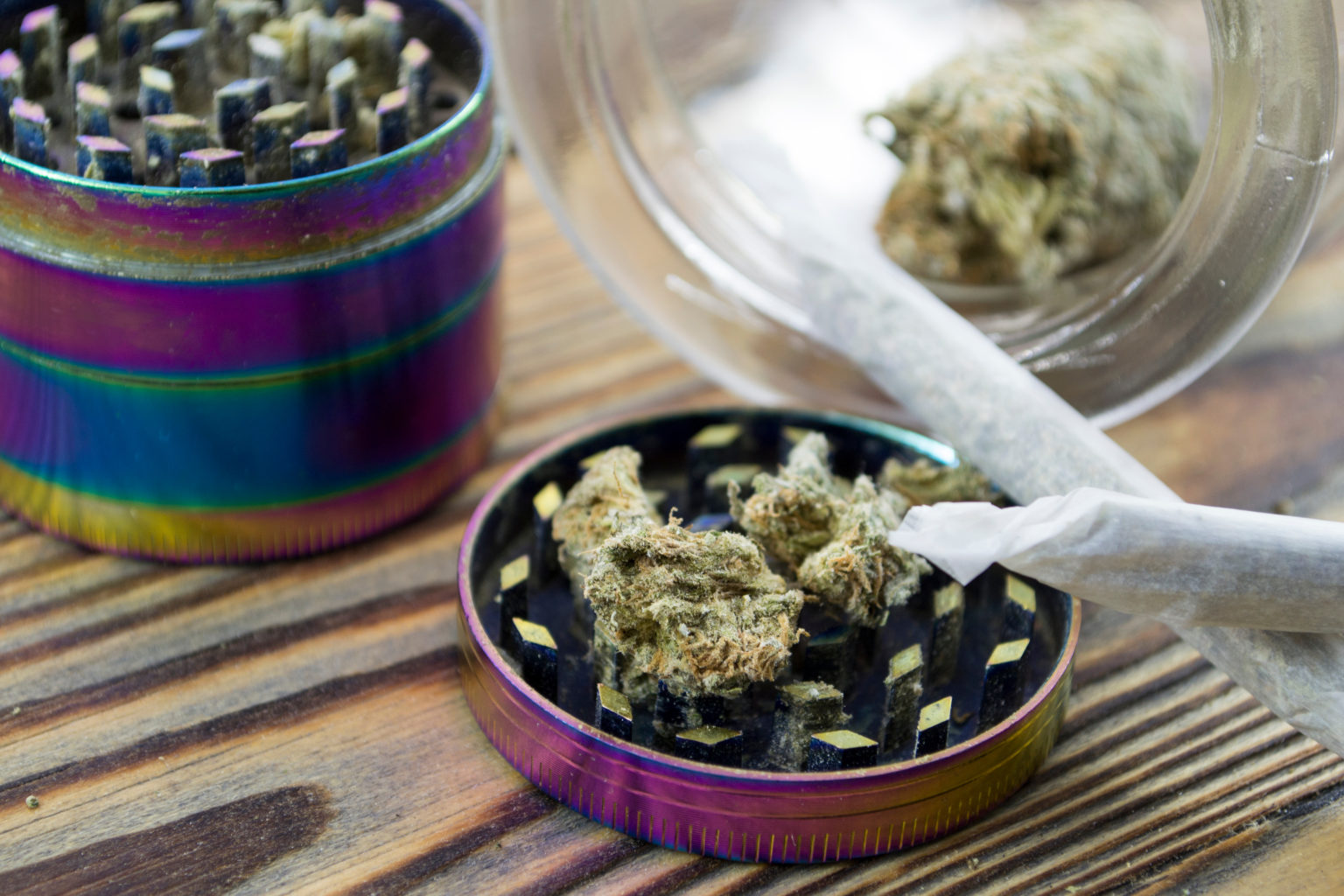You are here
Home 🌿 Marijuana Business News 🌿 Quebec's cannabis agency calls on Ottawa to protect U.S.-bound Canadians with industry ties 🌿Quebec's cannabis agency calls on Ottawa to protect U.S.-bound Canadians with industry ties

With a month to go before marijuana is legalized in Canada, Quebec's new cannabis agency is calling on the federal government to address the worry that Canadians who work in the industry may be barred from entering the United States.
"I think the citizens have to be protected. It's as simple as that," says Jean-François Bergeron, the provincial liquor board (SAQ) executive who's heading up the creation of the Société québécoise du cannabis (SQDC).
"We are obviously concerned."
While the SQDC and its counterparts in other provinces have been examining that issue closely, there is little they can do to influence the way the U.S. manages its borders.
That's a discussion that must be left up to Ottawa and Washington, Bergeron said.
The SQDC will do whatever it can to protect any employee that is stuck at the border, said Bergeron, who is also the SAQ's vice-president of information technology.
"The action we can take for the moment is not really clear, and that is the reason why we have to have more clarity from Quebec as well as from the federal [government]."
There has been a growing number of reports of U.S. border agents handing lifetime entry bans to Canadians with ties to the cannabis industry or even to those who admit using the drug in the past.
Last July, Len Saunders, an American immigration lawyer based in Blaine, Wash., told CBC that he is getting numerous calls from Canadian cannabis executives and investors that have been banned from entering the U.S.
Canadians that admit to using cannabis recreationally are getting the same treatment. For example, Matthew Harvey was banned in 2016 after he told a border agent that he had consumed cannabis recreationally as a teenager.
South of the border, cannabis is legal in a handful of states, but federally, it is still a Schedule I substance, on par with cocaine and heroin.
Even if Canadians are driving into border states where it is legal, like Vermont, Maine or Washington, they must adhere to federal laws because the border is federally controlled.
Earlier this summer, a spokesperson for federal Public Safety Minister Ralph Goodale told CBC News that the Canadian government continues to have conversations with U.S. officials about the matter.
"Officials from the United States have said that they do not plan on changing their questions at primary inspection after cannabis is legalized in Canada. However, if a traveller gives them reason to be suspicious, their officers may ask further questions."
It all comes down to agent
Éric Taillefer, an immigration lawyer at the Montreal legal aid office, said it's no surprise that Canadian travellers with ties to the cannabis industry could face trouble at the U.S. border.
Immigration laws are similar in the U.S. and Canada when it comes to who is admissible, and it all comes down to the customs agent, he said.
"In the end, you don't necessarily need to have been convicted of a crime in your country to not be admissible," he said.
Travellers often get asked by agents what they do for a living, and working in the cannabis industry could be viewed as trafficking an illegal substance, he said.

U.S. Customs officer Victoria Stephens speaks with a couple at the Blaine, Wash., border crossing. Washington is one of a handful of states where cannabis is legal. (Elaine Thompson/AP Photo)
"As long as the customs agent at the border has reasonable grounds to believe that you could have committed the crime, he could prevent you from entering."
Banning those associated with cannabis could happen, he said, but "it won't happen every time."
The first thing travellers should do before crossing the border is to make sure there is no cannabis in their car, he said. It's also important that people don't consume cannabis before crossing, and he recommends people be straightforward with agents.
Quebec is ready to go
While border issues may still be a burning question left unanswered, Quebec will be ready to light up on Oct. 17, said Bergeron.
The SQDC has been developing Quebec's cannabis sales model for 10 months, he said, but there's still plenty to do and the last five weeks will be busy.
The province will have 10 to 12 stores at first, with the goal of expanding to 20 by the beginning of November.
That expansion, he added, will only continue in the coming years.
"We have contracts with licensed producers, and all the logistics are in place," Bergeron said. "Everything looks good."
420 Intel is Your Source for Marijuana News
420 Intel Canada is your leading news source for the Canadian cannabis industry. Get the latest updates on Canadian cannabis stocks and developments on how Canada continues to be a major player in the worldwide recreational and medical cannabis industry.
420 Intel Canada is the Canadian Industry news outlet that will keep you updated on how these Canadian developments in recreational and medical marijuana will impact the country and the world. Our commitment is to bring you the most important cannabis news stories from across Canada every day of the week.
Marijuana industry news is a constant endeavor with new developments each day. For marijuana news across the True North, 420 Intel Canada promises to bring you quality, Canadian, cannabis industry news.
You can get 420 Intel news delivered directly to your inbox by signing up for our daily marijuana news, ensuring you’re always kept up to date on the ever-changing cannabis industry. To stay even better informed about marijuana legalization news follow us on Twitter, Facebook and LinkedIn.




